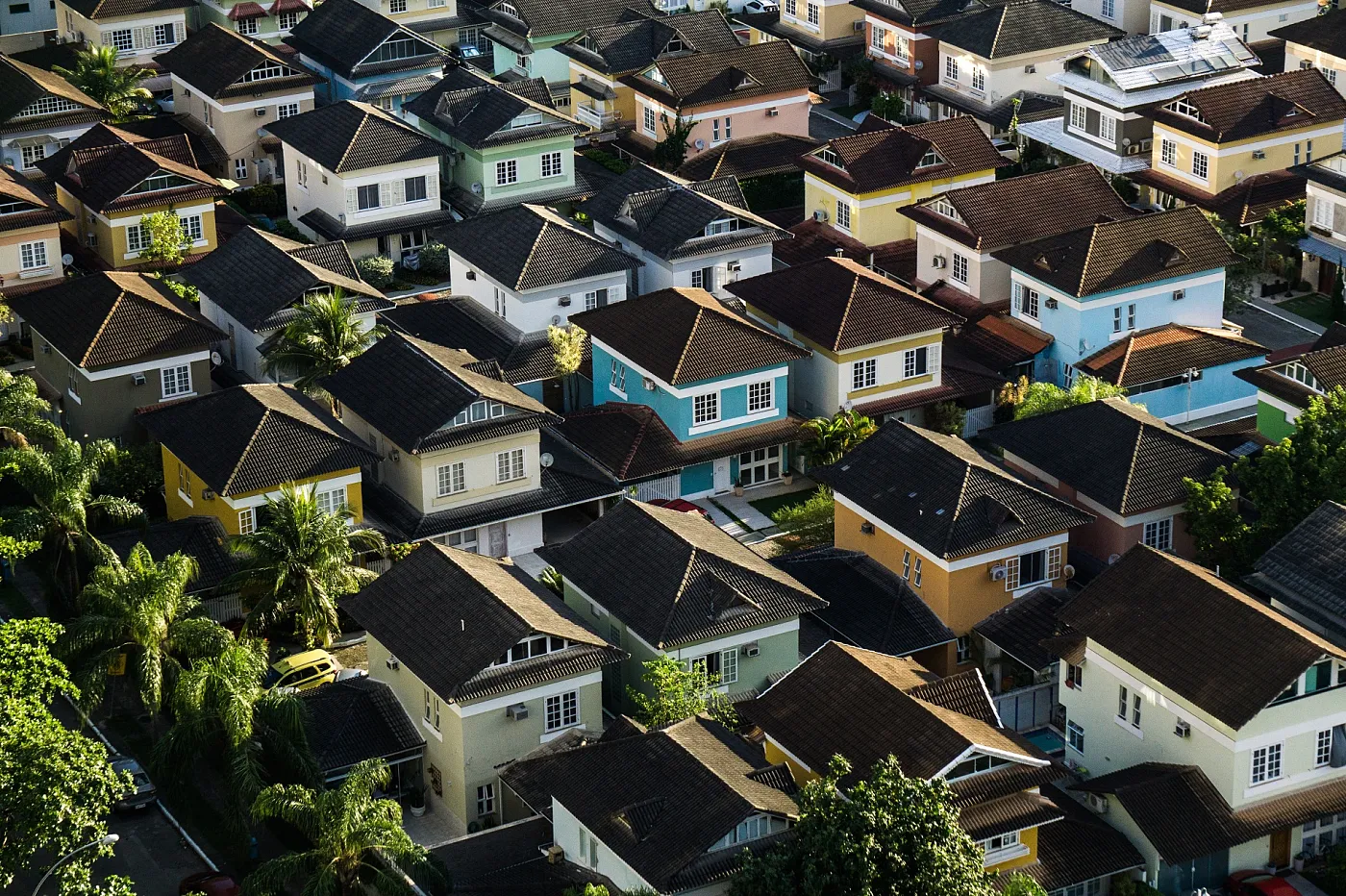Decree-Law No. 117/2024, published on 30 December 2024, introduces significant amendments to the Legal Framework of Territorial Management Instruments (RJIGT), approved by Decree-Law No. 80/2015. Among the main changes are the simplification of the regime for reclassifying rural land as urban, removing the requirement for contractual arrangements and economic-financial sustainability, and the expansion of the special reclassification regime for housing purposes and complementary uses. The legislation also broadens the cases of simplified amendments to territorial plans, extends the minimum period for public consultation from 10 to 20 working days, and clarifies the suspension of rules in areas earmarked for urbanisation, establishing exceptions for housing-related urban operations. The decree will enter into force on 29 January 2025, except for the provisions relating to suspended urbanisable areas, which have applied since 31 December 2024.
On 30 December 2024, Decree-Law 117/2024 was published, which makes the seventh amendment to the Legal Framework for Land Management Instruments, approved by Decree-Law 80/2015 of 14 May, in its current wording (RJIGT).
The main amendments introduced to the RJIGT by Decree-Law 117/2024 of 30 December are set out below.
Article 72 of the RJIGT concerning the framework for reclassifying rural land to urban land is amended as follows:
- Eliminates the need for a contract, with a municipal decision sufficient for reclassification that sets the charges for urban operations, the respective implementation period and the conditions for redistributing benefits and charges, taking into account all the urban development costs involved;
- Eliminates the requirement to demonstrate economic and financial sustainability through certain elements previously set out in the RJIGT;
- Maintains the administrative reclassification procedures that were already in the previous Article 72, even with amendments to the requirements that we will report on later.
The special framework for reclassifying rural land to urban land for housing purposes set out in Article 72-B is now extended to also cover purposes related to housing and complementary uses, subject, inter alia, to cumulatively meeting the following requirements:
- Ensuring that at least 700/1000 of the total above ground construction area is earmarked for public housing or affordable housing1;
- Defining and developing an implementation unit;
- Reclassification to urban land may not cover, inter alia, the following types of areas:
- Areas included in the National Classified Areas System;
- Hazardous areas at establishments covered by the major accident prevention framework;
- Areas covered by special coastal area programmes, public water reservoirs and estuaries;
- Areas identified in Flood Risk Management Plans as having a potentially significant flood risk;
- Hydro-agricultural use;
- Certain types of areas within the National Ecological Reserve and the National Agricultural Reserve.
The municipality will benefit from the right of first refusal after the first transfer of buildings or self-contained units built on land reclassified under the new framework.
The law also expands the cases for simplified changes to land use plans provided for in Article 123 of the RJIGT, to include the following situations:
- Reclassification of land resulting from the cessation of economic activities or the use of infrastructure or equipment that determines the classification of the area covered, provided that at least 700/1000 of the total above ground construction area is destined for public housing or affordable housing in accordance with Article 72-B(8);
- Alteration of the number of dwellings or types, as well as of the urban design and building characteristics which have no impact on other urban development parameters;
- Alteration of the maximum height of buildings or volume of industrial facilities;
- Adoption of parameters for the size of areas intended for transfer to public or controlled cost housing or to affordable rental, and parameters for public and private parking for urban development operations where at least 700/1000 of buildings’ above ground construction area are intended for those purposes;
- Provision for the possibility of increasing the applicable construction index by up to 20% in specific areas to be delimited by the simplified amendment, provided that at least 700/1000 of the total above ground construction area corresponding to the increase is intended for public housing or affordable housing.
Notwithstanding the simplified amendment scheme for land use plans, Decree-Law 117/2024 increases the previous minimum public consultation period from 10 to 20 business days.
Decree-Law 117/2024 also provides further clarification regarding the suspension of rules in urbanisable or planned urbanisation areas, due to non-compliance with the obligation to incorporate the land classification and qualification rules into plans by 31 December 2024, which renders acts approving occupation in those areas null and void.
The legislation determines, however, that the suspension does not apply to the following acts and operations carried out in suspended urbanisable or planned urbanisation areas:
- Areas that have acquired urban land characteristics or benefit from detailed plans, urban development contracts or prior control measures acts that set deadlines for carrying out urban development works, provided that the municipal council issues a reasoned statement and communicates it to the regionally competent coordination and development committee; and
- Urban development operations for the purpose of housing or related to housing purposes and complementary uses.
Effective date
Decree-Law 117/2024 of 30 December enters into force on 29 January 2025, except for the provisions relating to the framework applicable to acts and operations carried out in suspended urbanisable or planned urbanisation areas, in force since 31 December 2024.



